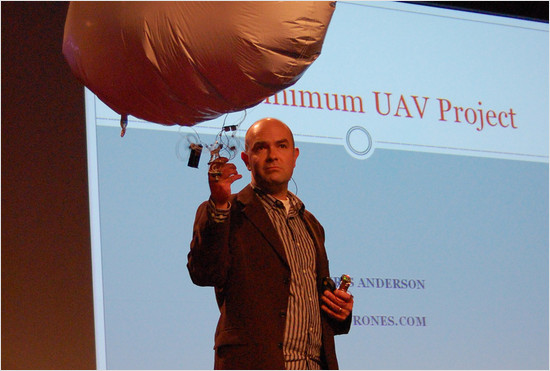March 28, 2008
Auctomatic Sold

Julius Shulman: Case Study House n° 21, Los Angeles, California, 1958. Via Gavin.
Auctomatic, a Y Combinator company that includes 19 year old Lisp fan Patrick Collison as one of its founders, was recently sold for a bunch of money [via Aaron].
DUBLIN (AFP) — Two Irish teenagers have sold their fledgling computer software venture to a Canadian company in a multi-million deal, they said on Thursday.
Brothers Patrick and John Collison sold their auctomatic.com to new media company Live Current Media, based in Vancouver. The sale price is thought to be in excess of 5 million dollars (3.2 million euros). "That's ball-park. We can't give the exact figure but that's close enough," Patrick, 19, told RTE state radio.
Auctomatic, set up last year in Limerick in the south-west of the country, involves commerce technology and tools that enable sellers easily to transact online through sites such as eBay.
Patrick and his 17-year-old brother have two British partners and the proceeds of the sale, which will be closed in May, will be shared amongst all the owners.
March 26, 2008
MOST-POSITIVE-LIVEJOURNALLER-AGE

Mr. Jalopy discusses the meaning of a 1964 Ford Galaxie 500 rocket car.
JWZ gets prehistoric:
;;; -*- Mode:Lisp; Syntax: Common-Lisp; Package:USER; Base:10 -*- ;;; 21 Mar 90 Jamie Zawinski Created. ;;; When you load this file, the constants MOST-POSITIVE-BIGNUM and ;;; MOST-NEGATIVE-BIGNUM will be defined. ;;; ;;; These are the absolute largest and smallest numbers which can be ;;; represented in the TI Explorer's memory architecture. ;;; ;;; WARNING: if you try to print these numbers, the microcode will ;;; hang. They are totally useless quantities, and dangerous to ;;; have around. You can examine them with ;;; (sys:dump-memory most-positive-bignum :bignum-is-dump-object t) ;;; and perform normal arithmetic operations on them. But the same ;;; dangers apply to any numbers this large.
For non-lispers: bignums aren't supposed to have limits, so just the name “MOST-POSITIVE-BIGNUM” will make Lispers laugh a little. In practice, a number with more than one million digits, that takes 3 days just to display on screen, doesn't seem like much of a limit.
The fact that adding 1 to MOST-POSITIVE-BIGNUM results in a piece of data whose value is 0 but takes up 524 KB of memory is just a bonus.
March 21, 2008
Open Source MCL 5.2 Released
MCL 5.2 has been released as open source.
MCL 5.2 is now available at:
ftp://ftp.clozure.com/pub/MCL/MCL-5.2-Final.dmg
It is open source.
I am sorry that it does not run on Intel. I hope that some users will be able to find the resources for a port of MCL to Intel processors.
Please let me know of any questions or problems.
Alice
Wow, what a journey this particular Lisp has taken.
March 13, 2008
Chris Anderson UAV Videos
This Wired Science video documents the unlikely intersection of Chris Hardwick and DIY UAVs. It also includes a segment on a group of UAV hobbyists at the Alameda Naval Air Station (with an appearance by DIY UAV personality Jack Crossfire) and a bit on some UAV work being done at NASA Ames.
Chris Anderson demonstrated his Minimum Blimp UAV concept at TED (somewhat based on Jed Berk's Blubber Bot), but ran into some trouble. “Lesson 3: Don't update your firmware five minutes before you're going to fly an autonomous robot ten feet away from a former Vice President of the United States.”
Link to his (four) Powerpoint slides: ted.ppt
In this BoingBoing TV episode, Xeni Jardin talks with Chris Anderson and Jordi Munoz about the Minimum Blimp UAV at ETech. Xeni: “I'm being mounted by a drone!”
When Chris mentions the IR sensors that cost a couple bucks, the video actually shows Evolution Robotics' NorthStar IR navigation system, which is more like a couple hundred bucks.

